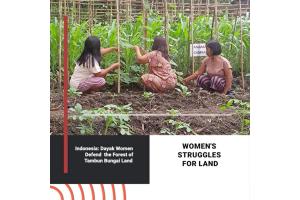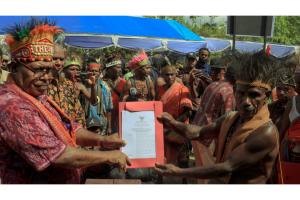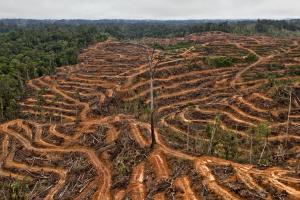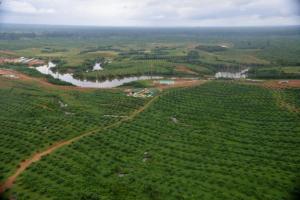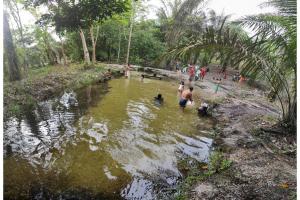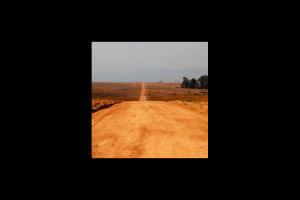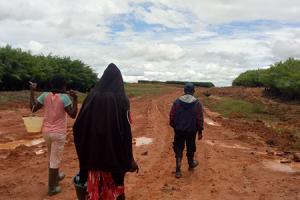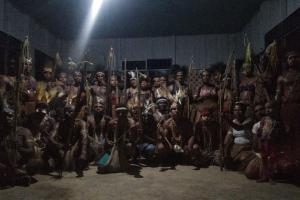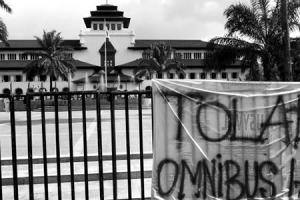Palm Oil
The oil palm tree is native to West Africa. It is an important tree for forest-dependent communities, their cultures and their economies. However, large-scale oil palm monocultures for industrial production (oil and agrofuels) have been driving deforestation and land grabbing in Southeast Asia. More recently, oil palm monocultures are also driving destruction in Africa and Latin America.
Oil palm plantations are one of the most unsafe spaces for women, not only because of their vulnerable working status packed with injustices and precarities, but also because of the potential for sexual violence and harassment. (Available in Indonesian).
The Korindo Group cleared Kinggo’s Indigenous People’s forests for its industrial oil palm plantations. Petrus Kinggo and other community leaders were persuaded to give up customary forest land with misleading and false promises. Now they are fighting against the FSC-certified Korindo. (Available in Indonesian).
Patriarchal oppression is inseparable from the industrial plantation model, and it is at the base of how companies generate profits. Companies target women, including due to their fundamental role in community life.
The government of Indonesia endorsed the criticized Omnibus Law by saying that it is “crucial to attract investment and ultimately create jobs.” The Law is a direct attack on the territories and communities resisting the increasing destruction that has been ongoing for decades in Indonesia. (Available in Indonesian).
Why haven't Africa's post-colonial governments dismantled the colonial plantation model of exploitation and extraction, returned the lands to their people and emboldened a resurgence of Africa's diverse, local food and farming systems?
